Foods to help fight depression
Depression is a curse by itself that makes you refrain from achieving what you had always started. It is such a weakening force that drives the mind and the body next to numb that you do not feel like taking off the film on the window of your life; you shun yourself from the bright luminescence that makes the world look marvelous and pretty.
However, did you even know that you can overcome the state of depression by consuming some food items? Now, isn’t that an interesting thing? Well, definitely!
Read on to find out the 9 amazing foods that can fight depression and make the ‘happy gene’ stronger in you.
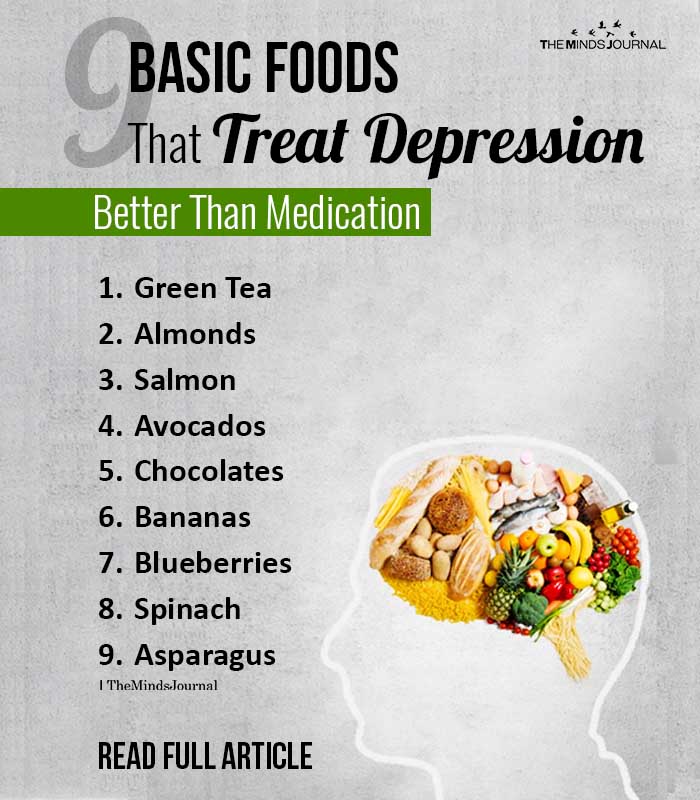
Superfoods For a Healthy Mood:
1. GREEN TEA:
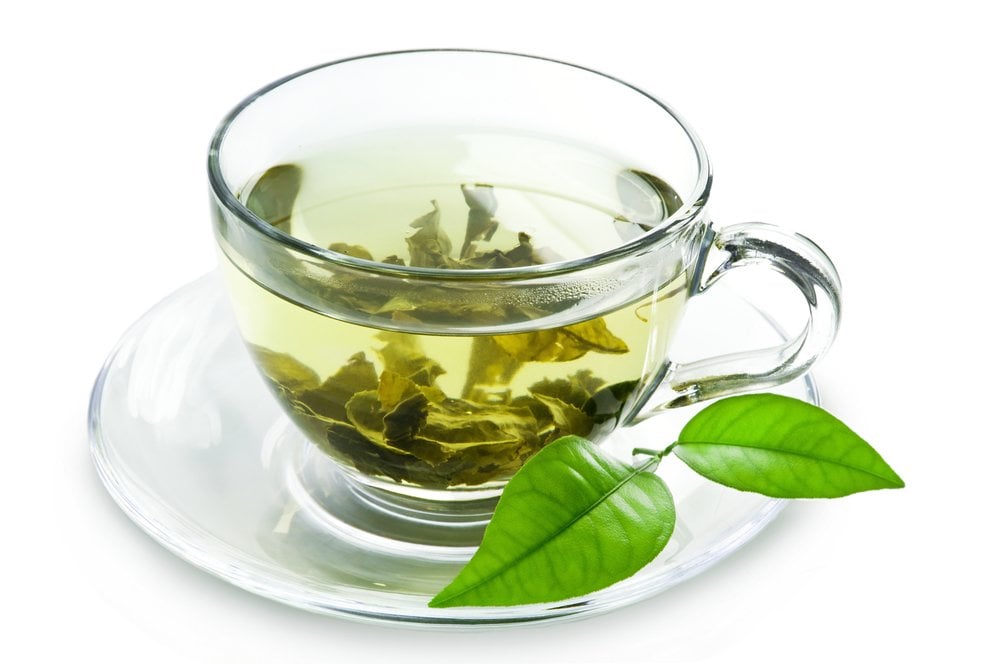
Green tea is an age-old formula that not only helps in the reduction of excess weight but also helps to cure depression. The polyphenols, a typical content of green tea, helps in the secretion of dopamine, a neurotransmitter, and this pushes the depressive feeling away.
2. ALMONDS:
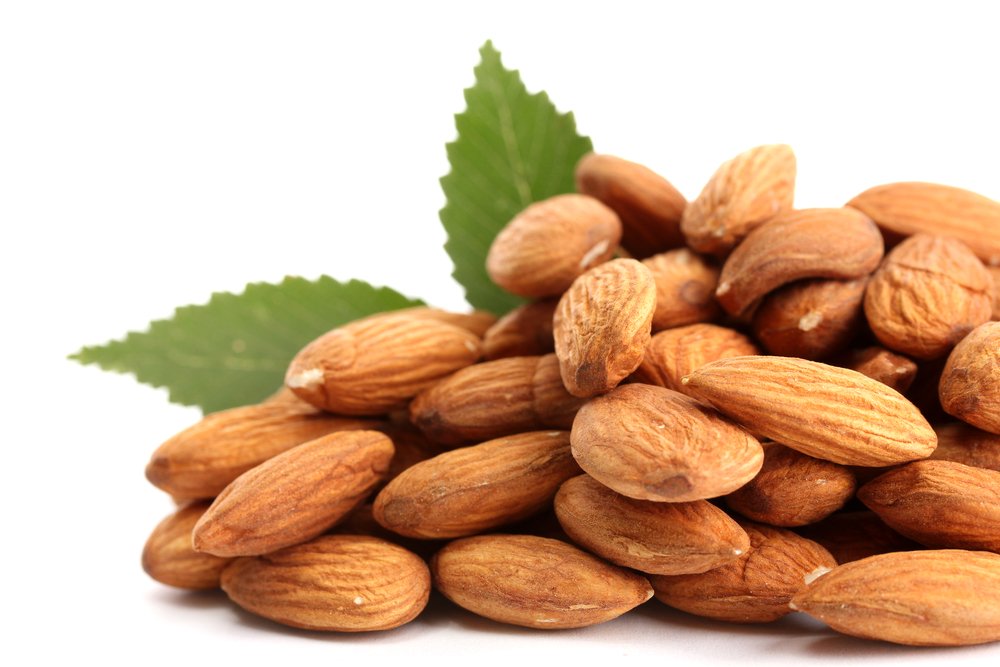
According to study, a good amount of magnesium present in almonds helps in the reduction of stress and thereby, combats the evil force of depression.
Related: 6 Ancient Remedies That Can Heal Your Mind and Body
3. SALMON:

Salmon is one of the key products for the extraction of animal oil. This animal oil or the salmon oil is rich in the fatty acids of the group Omega 3 and these fatty acids drive the depression to its hidden hole.
Related: 6 Ancient Remedies That Can Heal Your Mind and Body
4. AVOCADOS:
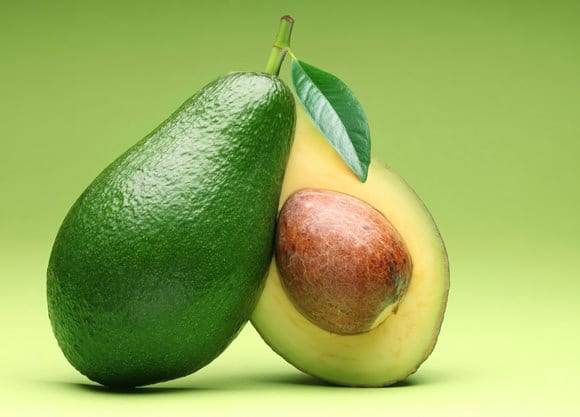
This is another best food for lowering depression. A large dosage of potassium that marks the nutritious value of the avocados is the soldiers that fight the terrorists of ‘Team Depression’ and deliver a soothing effect.
5. CHOCOLATES:

Well, it can be definitely agreed that chocolate instantly makes your eyes lighten up. However, are you aware of the fact that it is the secretion of serotonin, initiated due to the consumption of cocoa that drives your depression totally away?
6. BANANAS:
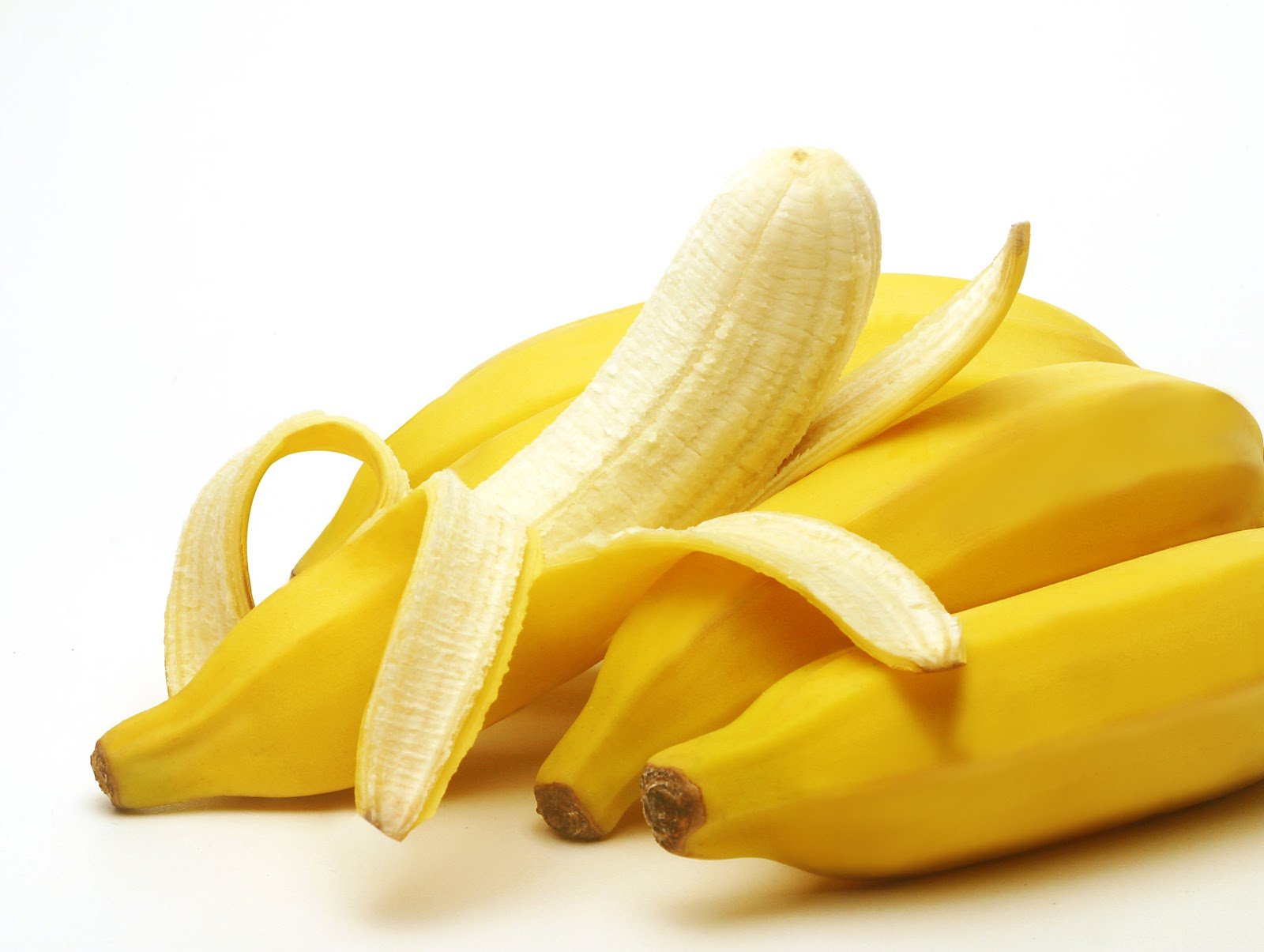
Have you ever wondered why the monkeys do not visit a psychologist very often? Just kidding! Bananas are rich in tryptophan that helps the brain in the secretion of the neurotransmitters serotonin and melatonin. It is the secretion of these neurotransmitters that make you feel better and help you to recover from the traumatized and depressed state of yours.
7. BLUEBERRIES:
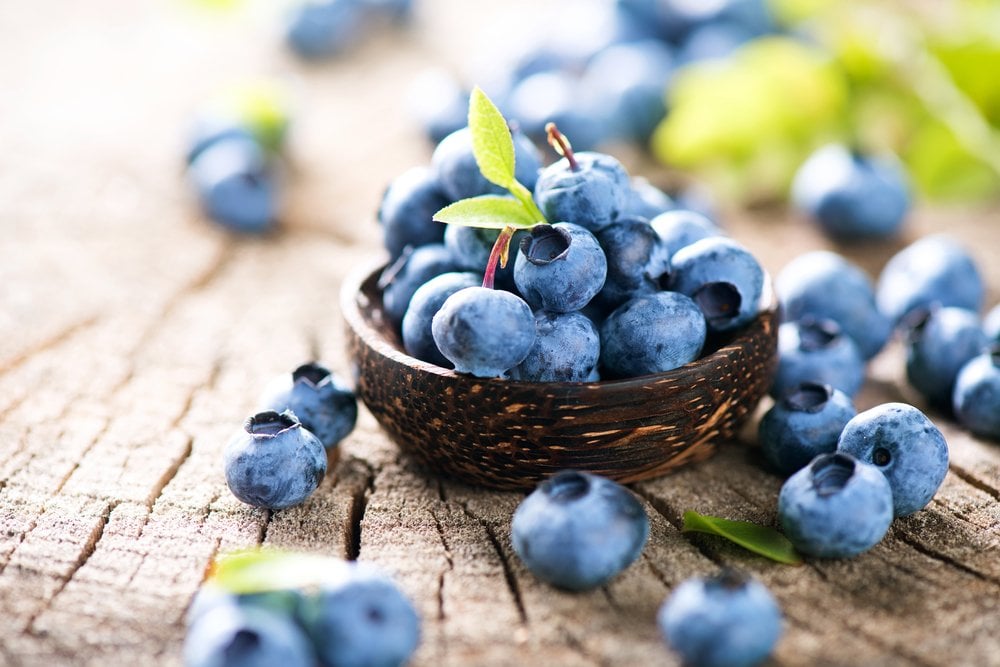
Blue isn’t a very happy color I must say. However, the effect of blue has a far more positivity in this case due to the presence of anti-oxidants. This is what helps to shoo away the horrendous witch of a depression.
Related: Diet & Depression: 6 Ways Food Impacts Your Mental Health
8. SPINACH:

Common, you don’t have to make a face when you think of having spinach! Did you know that spinach helps in the secretion of serotonin and dopamine that cures depression? No wonder Popeye was such a confident character!
9. ASPARAGUS:
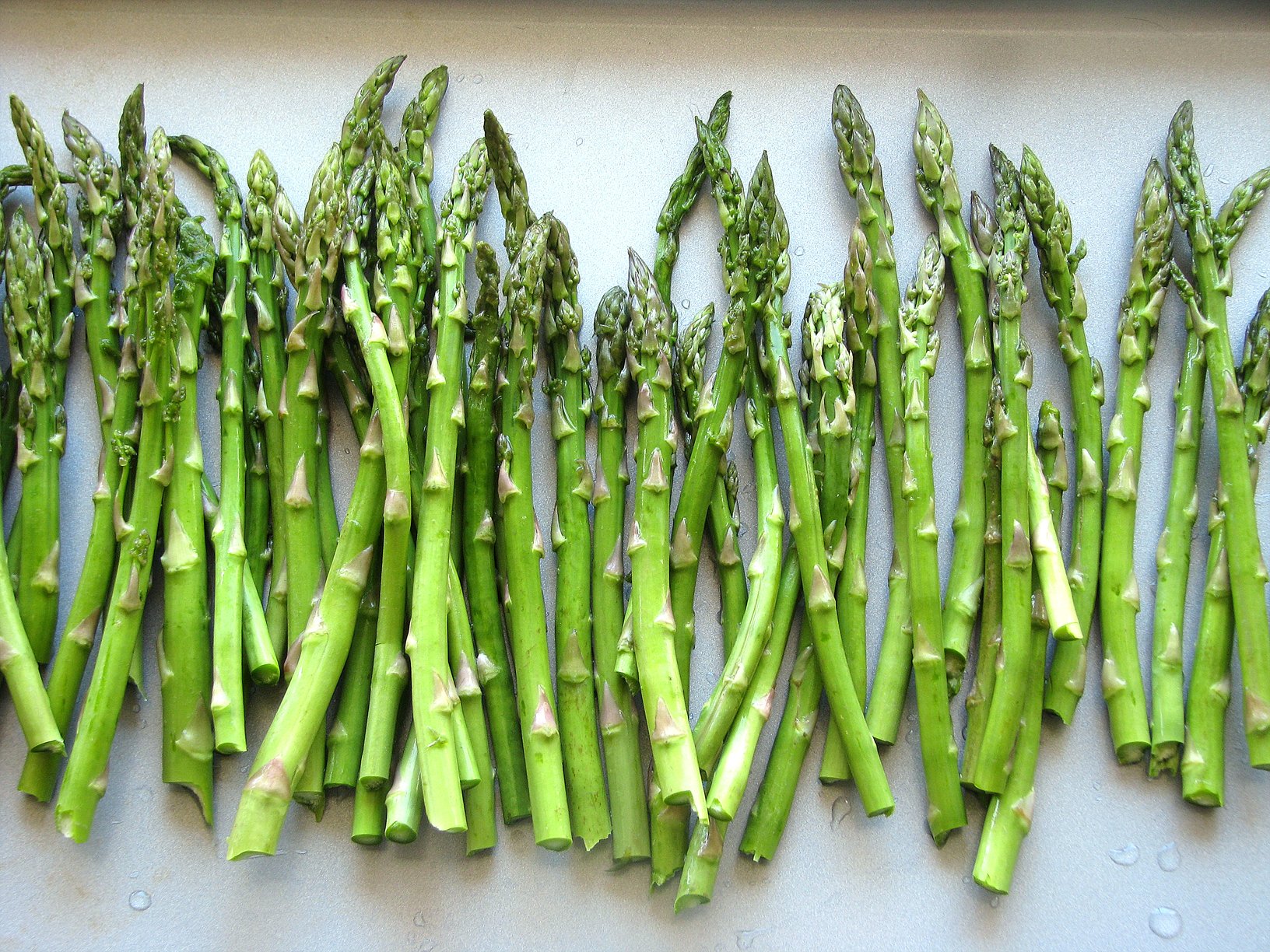
Asparagus is rich in folic acid which plays in the forefront when it comes to defeating depression. This favorite food of yours is such an angel when it comes to freeing yourself of depression.
You can perceive by now that the earth has an abundance of food and drinks that can help you to get cured completely if you are suffering from depression.
Add these food items in your daily routine and see how it positively affects your health and your mood.
Try now and Thank us later.
Cause Depression does not come along with a label
Wath out this video to know more about food for depression:
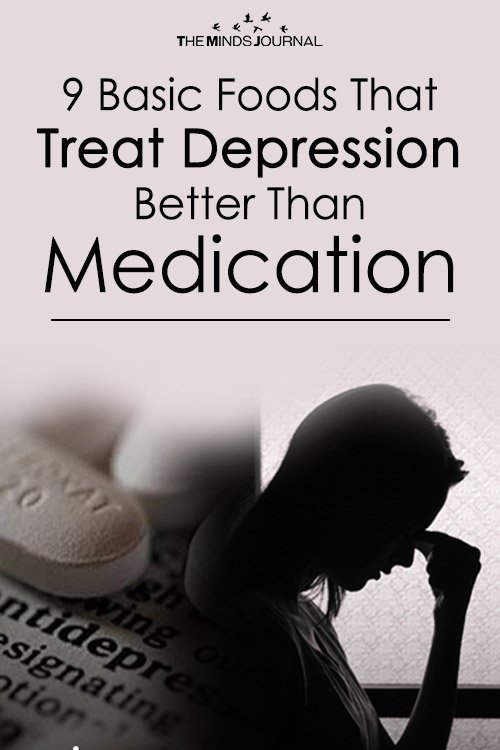










Leave a Reply